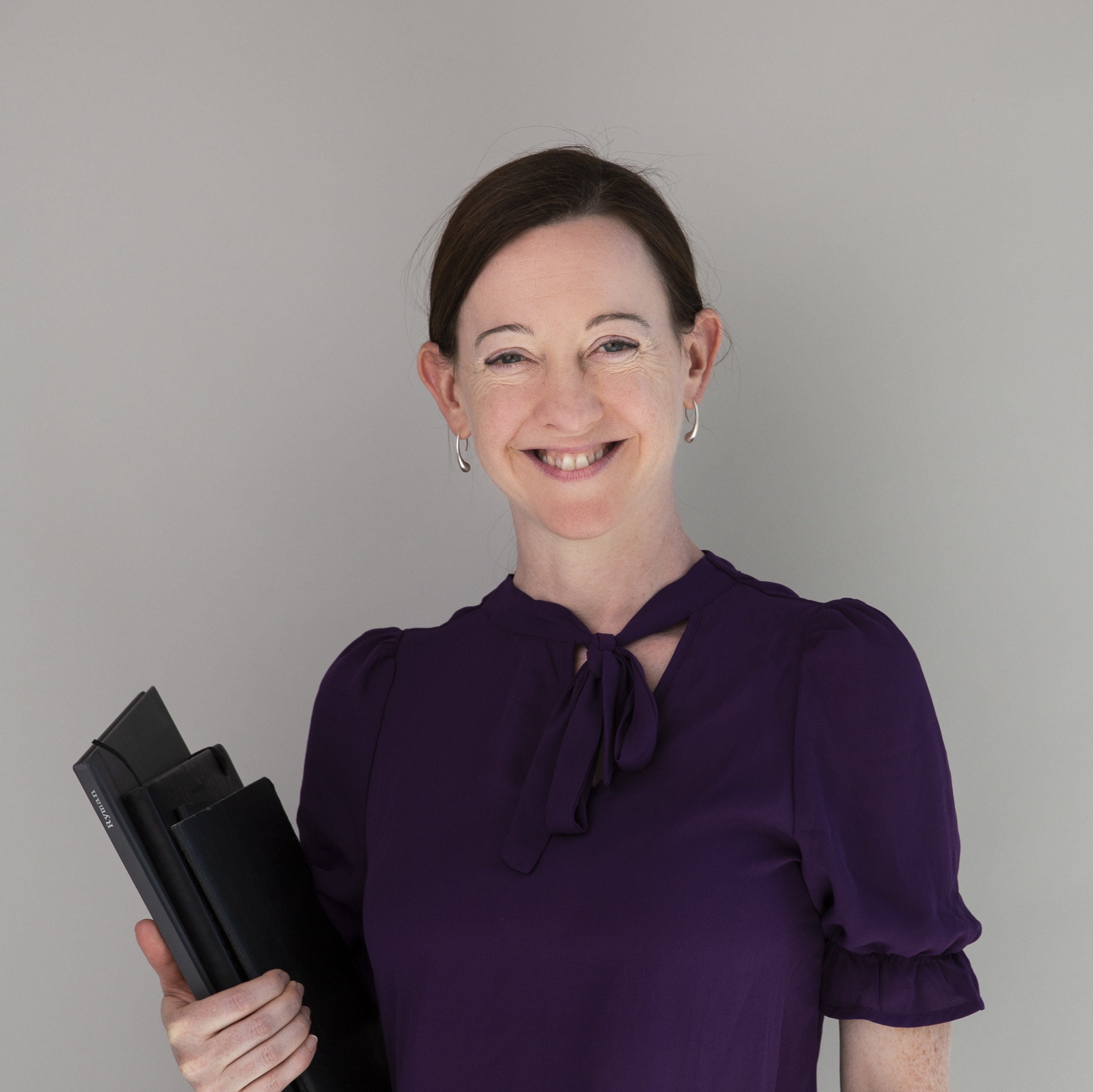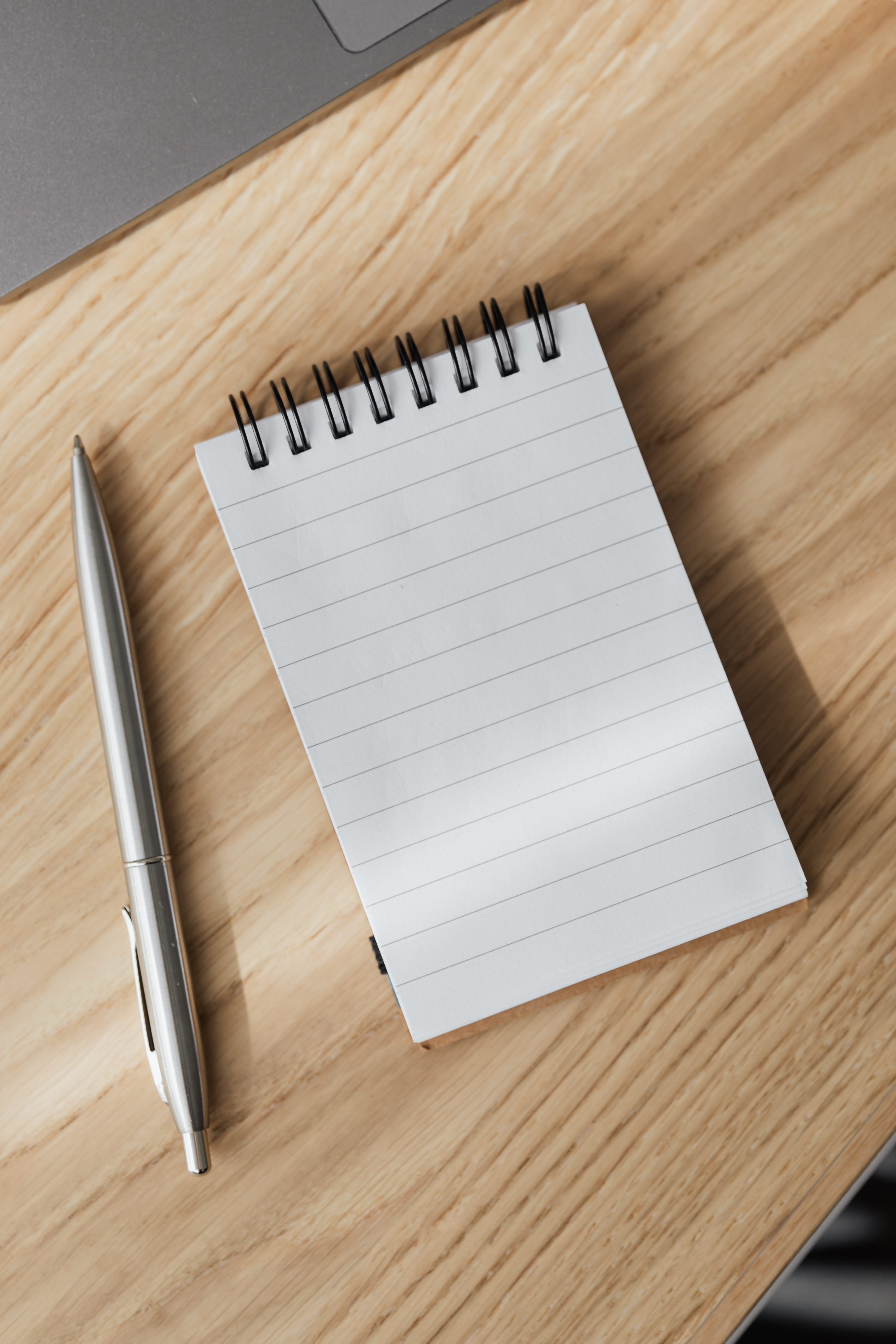How to use would
How to use would
The verb «would»
The word «would» has a few meanings and cases of use in English. Grammatically, «would» is the past form of «will». We do not put «to» before the main verb after «would» and the main verb stays in its infinitive form.
We often shorten «would» to ‘d (I’d, you’d, we’d etc.). Do not confuse the shortened versions of «would» and «had».
1. I would help you, but. — conditionals
When we imagine or think of something which is not real, we use would + infinitive.
When we express regrets about something in the past, we wanted things to go otherwise, but we can’t change that anymore, we use would + have + past participle.
I would go to the cinema tonight, but I don’t have anyone to go with. (but I still can go if I find a company)
I would have gone to the cinema yesterday, but I didn’t have anyone to go with. (I regret it but I can’t change it)
John would come to the party tomorrow, but he won’t have time. (but he still can come if he has time)
John would have come to the party last week, but he didn’t have time. (he regrets it but he can’t change the past)
Diane would buy a new car, but she doesn’t have enough money. (she can still buy it if she has money)
Diane would have bought a new car last month, but she had to spend all her money on home renovation. (that happened last month so she can’t change that)
2. She said she would come — reported speech
We use «would» as the past of «will» when we need to harmonize tenses in two parts of the sentence, for example, in the reported speech.
Anne says she will come. → Anne said she would come.
I promise I will write. → He promised he would write.
They are sure they will be on time. → They were sure they would be on time.
3. He wouldn’t listen — refuse
We use «won’t» and its past form «wouldn’t» in the meaning of «not want», «refuse», «be unwilling» to do something.
I’m trying to talk to him, but he won’t listen. (= he doesn’t want to listen)
I was trying to talk to him, but he wouldn’t listen. (= he didn’t want to listen)
— Why are you angry? — The car won’t start. (= it «refuses» to start)
He was angry because his car wouldn’t start. (= it «refused» to start)
4. Would, used to — habits in the past
We use «would» as an analogue of «used to» when we speak about regular actions and habits in the past.
When I was younger, I would drink five cups of coffee a day. (= I used to drink. )
Do you remember? When we were kids, we would run through the field, climb the hill and hide under the big oak tree. (= we used to run. )
In the examples above, we can either say «would» or «used to». But we can only say «used to» when we talk about states in the past and not physical actions.
5. Would you please, I would like, would you mind — polite request and set phrases
We use «would» to make a polite request. It is also possible to use «could» (could you please. ) in the same manner.
Would you please help me?
Would you close the window, please?
Would you carry this bag, please?
«Would» is a part of some polite set phrases, like:
How to use Would
‘I would love to travel the world.’
would for unreal situations
The word would is used for unreal or imagined situations:
‘I would love to visit New York.’
‘She would like to be professional footballer.’
‘We would go, but we are too busy.’
would as a past tense
would and wouldn’t are the past tense of will and won’t. Let’s look at an example of this using direct and reported speech:
Andrew: ‘I will be late.’ (direct speech)
‘Andrew said that he would be late.’ (reported speech)
would in conditional sentences
Would is used again for unreal or hypothetical situations in the 2nd and 3rd conditionals:
2nd Conditional: ‘If I won the lottery, I would travel the world.’
3rd Conditional: ‘If I had worked harder, I would have passed the test.’
would not as ‘to refuse’
Wouldn’t (would not) is used to show that someone refused to do something:
‘I asked him if I could borrow his car, but he wouldn’t lend it to me.’
would for past actions
Would can be used to talk about actions that repeated in the past. It is used in the same context as used to:
‘When I was young I would do my homework every evening.’
‘In the summer we would always go camping.’
How to use ‘would’
We can use subject + would + infinitive (I would go) or subject + would + have + past participle (I would have gone).
‘Would’ has quite a lot of different uses. It’s often a kind of past tense version of ‘will’.
Remember that both ‘had’ and ‘would’ can be shorted to ‘d. But only ‘would’ is followed by an infinitive without ‘to’. ‘Had’ is followed by a past participle or by ‘to + infinitive’.
1: The past of ‘will’ in reported speech
2: Willingness in the past
(We can also use ‘will’ for typical behaviour or habits in the present, though this is much less common than using ‘would’ for the past. An example in the present is ‘she’ll talk and talk for hours!’)
4: Requests
6: The third conditional
8: With set phrases to talk about what we want
Need more practice? Get more Perfect English Grammar with our courses.

Welcome to
Perfect English Grammar!
Welcome! I’m Seonaid and I hope you like the website. Please contact me if you have any questions or comments.
Would for Imaginary Situations
How to Use Would
There are many different uses of would, but on this page you’ll learn to use would when talking about imaginary situations.
What is an imaginary situation?
An imaginary situation is something unreal, you just create it in your mind.
You think or dream about something or you wish it. For example, you don’t have so much money but you think of a situation that you have a lot of money, you wish to have a lot of money and you think about the things you want to do with that money.
Let’s say, you want to buy a car and go on a holiday with that money. You say: I would buy a car. I would go on a holiday. You just imagine a situation that you have a lot of money.
Let’s talk about another example to explain the use of would:
Do you like watching movies? Well, I am not such a good watcher of movies, therefore I don’t usually recommend movies to my friends, but when I like a movie, I tell about this to my friends.
Have you watched the movie The Bucket List?
The Bucket List is a 2007 American comedy-drama movie starring Jack Nicholson and Morgan Freeman. The movie is about two men who are terminally ill cancer patients. They share a hospital room together but then they decide to leave the room and do the things they have always wanted to do. They have a wish list- the bucket list. And they try to do the things on the list before they kick the bucket.
What are the things on their bucket list?
— Witness something majestic
— Drive a Mustang Shelby
— Skydiving
— Get a tattoo
— Kiss the most beautiful girl in the world … and so on…
Now imagine the doctor told you that you have six months to live. What would you do? What would you write on your bucket list now? Me?
In these sentences I used would to talk about my imagination.
We use would for imaginary situations that are in the present or future.
The situation is not real, it might or might not happen.
For example; I said: I would dye my hair pink and blue.
Is my hair pink and blue now? NO.
Do I want to dye my hair pink and blue? YES.
Do I imagine it? YES.
Will I dye my hair? MAYBE.
Let’s see more examples:
Would with Conditional Sentences
We use conditional sentences to talk about some conditions and their results.
There are three types of conditional sentences: Type 1, Type 2 and Type 3.
Here I want to talk about Type 2 conditionals.
There are two parts of a conditinal sentence: If clause and main clause.
In Type 2 conditional sentences, we talk about imaginary (unreal) situations in the present or future.
We use would in the main clause part of the Type 2 conditional sentence.
We use if + past simple, would + infinitive.
We use Type 2 conditional sentences to talk about imaginary situations. In spoken language, most of the time, we omit the if clause part of the sentence and just use the main clause with would.
Look at the examples again:
Let’s say we imagine a situation that we have more time and we talk about it with a friend. We say:
If I had time, I would exercise more.
When we talk to our friend, we can omit If I had time and only say, I would exercise more, because the person that we are talking to already knows or guesses this part of the sentence from what we previously talked. – most probably we were complaining to the person that we do not have time for anything, we dream of doing more exercises, etc.
We omit the first part of the sentence but the person that we are talking to still understands what we mean.
Let’s see more examples:
I would meditate every night. (Normally the sentence is like If I were on top of a mountain, I would meditate every night. But we omit ‘If I were on top of a mountain’ part of the sentence.)
I would go to Iguazu Falls in Argentina. (We omit ‘If I had only six months to live’ part of the sentence.)
Now It’s your turn. Write down 3 things you would do if you had only six months to live. What’s on your bucket list?
How to Form Would
Would is a helping verb. In English we have helping verbs (auxiliary verbs) and main verbs.
When we use would in a sentence, we use it with a main verb. The main verb is in the infinitive form.
would + infinitive form of the verb
Positive Sentences (+)
To form positive sentences with would, we use would with the infinitive form of the verb.
Contractions (Short forms):
We usually use I’d as the short form instead of I would in a sentence.
Short form of would with different subject pronouns:
I would = I’d
You would = you’d
He would = he’d
She would = she’d
It would = it’d
We would = we’d
They would = they’d
Negative sentences (-)
To form negative sentences, we use not with would.
would + not + infinitive
Questions (?)
To form questions, we use would at the beginning of the sentence.
Would + subject + infinitive?
We also use would with the question words, what, who, where, when, etc. in questions.
Ready to Practice?
Click here to try an exercise about would for imaginary situations.
Would
Would: form
Affirmative form
Would comes first in the verb phrase (after the subject and before another verb):
Dad would sing to us every evening.
Would cannot be used with another modal verb:
When Tracy opened the door, she thought she would find an empty room.
Negative form
The negative form of would is wouldn’t. We don’t use don’t, doesn’t, didn’t with would:
There wouldn’t be any food in the house.
We use the full form would not in formal contexts or when we want to emphasise something:
Question form
The subject and would change position to form questions. We don’t use do, does, did:
Not: Does this would that be a good idea?
We can use would and wouldn’t in question tags:
She wouldn’t be any help, would she?
They would enjoy that, wouldn’t they?
Would: uses
Requests
We often use would to make requests. It is a more polite and indirect form of will.
Conditional sentences
We often use would (or the contracted form ’d) in the main clause of a conditional sentence when we talk about imagined situations:
If we had left earlier, we would have been able to stop off for a coffee on the way.
If we went to Chile, we ’d have to go to Argentina as well. I’d love to see both.
Habitual actions in the past
We use would to refer to typical habitual actions and events in the past. This is usually a formal use and it often occurs in stories (narratives):
I had a friend from Albany, which is about 36 miles away, and we would meet every Thursday morning and she would help us.
Then he would wash; then he would eat his toast; then he would read his paper by the bright burning fire of electric coals.
We can’t use would in this way to talk about states. In these cases, we say used to instead of would:
I used to live in Melbourne when I was a kid.
Talking about the future in the past
We use would to talk about the future in the past. The speaker looks forward in time from a point in the past (underlined below):
When I was young I thought that in years to come I would be really tall.
When I broke my leg, I thought I would never dance again.
Reported clauses
We use would as the past form of will in reported clauses.
statement with will
Tom said that he would pay for the food.
There will be clear skies in the morning but it will be cloudy for the afternoon.
The weather forecast said that there would be clear skies in the morning but that it would be cloudy for the afternoon.
Willingness in the past
We use would to talk about willingness in past time situations. We usually use the negative form wouldn’t in this case:
The CD wasn’t working so I brought it back to the shop but they wouldn’t give me my money back because they said the box had already been opened.
Being less direct
We often use would with verbs such as advise, imagine, recommend, say, suggest, think to make what we say less direct.
I ’d advise you to keep working on your grammar.
I ’d imagine it can’t be easy for you.
I ’d recommend that you try this size. (formal)
We ’d suggest that you take this route. It’s more scenic. (formal)
It’s much further than Dublin, I would think.
Will you give me a wake-up call at 7 am, please?
Would you mind giving me a wake-up call at 7 am, please?
Will you excuse me just one second?
Would you excuse me just one second?
Using would makes the request more formal and polite.
Will and would can both refer to willingness. We use will for present and future time and would, usually in the negative, for past time:
John will carry your suitcase. It’s far too heavy for you. (present)
The taxi driver wouldn’t take more than four in the car. (past)
There are a number of phrases with would where will cannot be used:
Would you like your steak well cooked?
Not: Will you like your steak well cooked?
Would you mind introducing me to him?
Not: Will you mind introducing me to him?
Would you rather pay by credit card?
Not: Will you rather pay by credit card?





